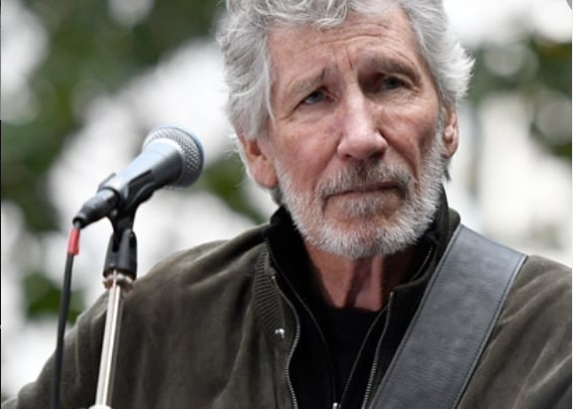In this post-truth era, should there be one rule you can count on, it is that rock misanthropes attract. One may argue that Neil Young and Roger Waters are the two most political and cynical musicians today. They continue to criticize the current system, unlike many of their countercultural peers. Young spearheaded the recent Spotify reaction by withdrawing his songs from the streaming site, while Waters demanded an end to the conflict in Ukraine. Given their shared dislike of contemporary politics, it should come as no surprise that when asked to choose the eight songs he couldn’t live without for the BBC, Waters chose one of Young’s tunes.
As one of Pink Floyd’s original members, Roger Waters gained notoriety. When rock music was still an amorphous glob pulsing with musical potential, Waters helped establish its boundaries as the bassist and vocalist for the Syd Barrett-fronted psych-outfit. He now has one of music’s most divisive voices, as one could expect from someone who established themselves as such a fervent individualist. Waters has undeniably evolved into a bit of an iconoclast, whether it’s through her outspoken criticism of Israel, her branding of US Vice President Joe Biden as a war criminal, or her dismissal of the West’s arming of Ukraine.
He may respect Young’s music as a result. Waters began by introducing his first selection on the BBC’s Desert Island Discs by saying: “Neil Young singing ‘Helpless’. There is an honesty and a truth in everything that he’s done. You feel the man’s integrity and passion. I can feel the hairs standing up on the back of my neck now remembering the purity with which he hits the first notes of this song. It’s extraordinarily moving and eloquent.”
‘Helpless’ was recorded in San Francisco at around 4 am, at which time, Young later recounted, his group was ultimately exhausted enough to perform at his tempo. It was first included in the 1970 Crosby, Stills, Nash & Young album Déjà Vu and later made available on Young’s own 1977 Decade collection. Neil’s parents relocated to Omemee, Ontario, in 1949 when he was just four years old; this community is the main subject of the song. It is referred to as a nice little town. Sleepy little place… Life was real basic and simple in that town. Walk to school, walk back. Everybody knew who you were. Everybody knew everybody.” by Neil Young in his autobiography Neil Young: Long May You Run: The Illustrated History.
Certainly one of Young’s most evocative compositions is “Helpless.” He clearly tries to evoke the same sense of astonishment he had as a youngster from his graphic depiction of “blue, blue windows” sitting behind stars, a “yellow moon on the rise,” and “big birds flying across the sky.” This intense longing makes it seem as though Young was starting to lose faith in his existence on the West Coast by 1970. His answer? To reach home.

